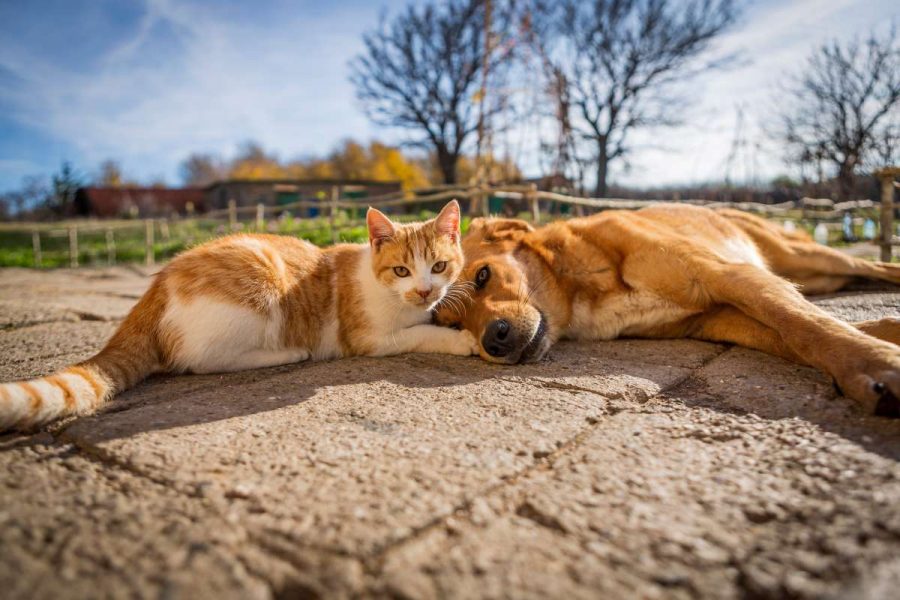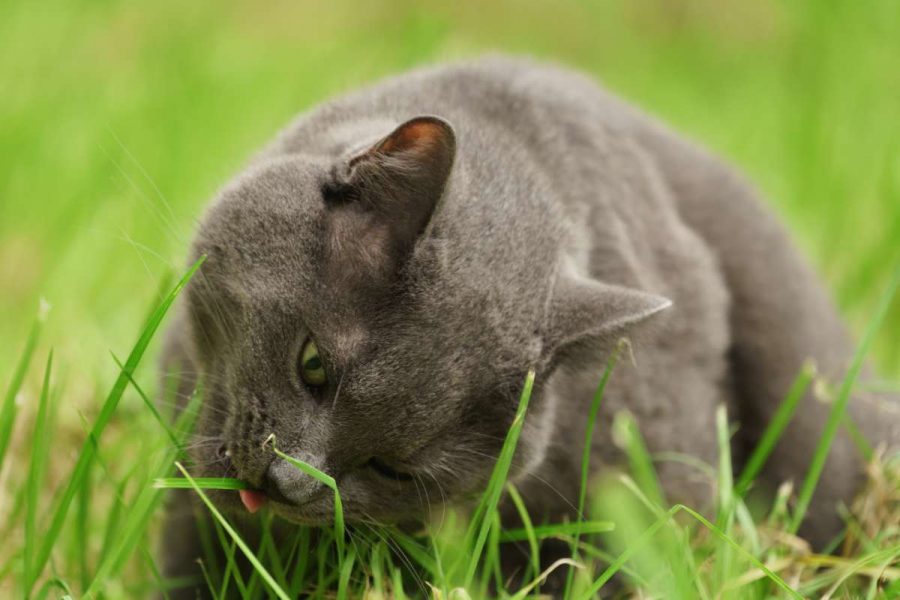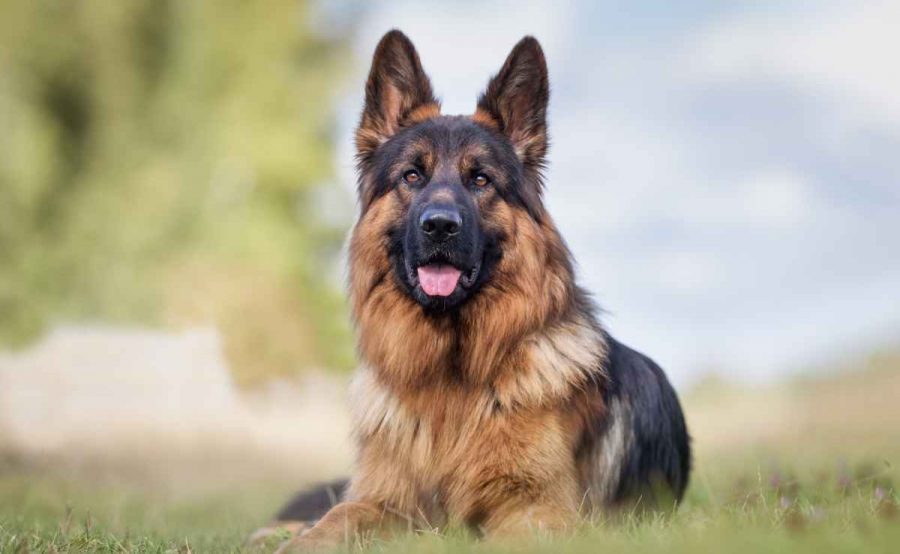As a responsible pet parent, it’s vital to be aware of dangerous items in your home that could harm your furry friend. Pets are curious creatures, and it only takes a few seconds for them to get their paws on something potentially toxic. That’s why it’s so important to make sure your home is a safe, pet-friendly environment.
March is Pet Poison Prevention Month, and it’s the perfect opportunity to pet-proof your home. With this in mind, we’ve created a checklist of common household items that can be toxic to pets. Keep on reading to learn more about what you need to do to protect your furry family members.
When Is Pet Poison Awareness Month?
Pet Poison Awareness Month is celebrated in March of each year. It was created to raise awareness about the danger of pet poisoning and how to keep your pets safe at home.
During this month, veterinarians and other animal health professionals provide education on potential pet toxins and how to protect pets from accidental exposure. The overall aim is to spread the word about pet safety and encourage pet parents to take proactive steps to prevent poisoning.

How Do You Tell if Your Pet Has Been Poisoned?
The signs your pet has been poisoned can vary, depending on the type and amount of toxin they ingested. Common symptoms include:
- Vomiting
- Diarrhoea
- Tremors
- Seizures
- Lethargy
- Excessive drooling
- Changes in behaviour
Some additional telltale signs are difficulty breathing, increased heart rate, foaming at the mouth, and changes in pupil size. If you notice any of these signs in your pet, seek professional medical attention right away.
Pet Proofing Your Home Against Accidental Poisoning
The best way to protect your pet from accidentally ingesting something dangerous is by pet-proofing your home. Pet-proofing involves taking steps to make sure that potentially harmful items are stored away and out of reach from your best pet pals. Let’s examine the potential pet poison hazards you could be playing host to in more detail:
Foods
Foods with high levels of sugar, fat, or salt should be kept away from your pet as they can lead to health issues. Also, be very careful with xylitol, which is an artificial sweetener found in sugar-free foods such as gum and sweets. It’s highly toxic for pets and can cause serious problems if ingested.
Other foods that are toxic to pets include chocolate, grapes and raisins, garlic and onions, alcohol, and avocado. Keep these foods securely stored away, and never leave them out on the counter or table.
Plants
Be aware of common plants that are toxic to pets, including lilies, azaleas, and tulips. If you have any of these houseplants in your home, make sure they’re out of reach for your pet. It’s also important to clean up fallen leaves and petals to avoid any accidental ingestion.

Medications
Always store your medications in secure containers and away from pets. In addition to prescription drugs, over-the-counter medications like ibuprofen or paracetamol can be highly toxic to animals so make sure these are stored safely too. They should be disposed of securely when you’re done with them.
Rubbish Bins
Rubbish bins can contain a lot of tempting scraps for your pet to root around in. They may also hide sharp objects and other hazardous items, like batteries, that can be dangerous if swallowed. Avoid leaving bins out in the open and ensure they’re securely sealed to avoid any accidents.
Cleaning Supplies and Chemicals
Be sure to keep all cleaning products, detergents, and chemicals away from your pet at all times. If ingested, these products can cause serious harm to your pet. Store them in a safe, secure place, and make sure you always use them according to the instructions.
Backyard and Shed
If you have a garden or backyard, it’s important to ensure there are no toxic plants around (like daffodils or tulips) and that all gardening supplies like fertilisers and pesticides are stored safely away. Check your shed too, as these areas can contain a lot of potentially hazardous items like antifreeze, paint cans, or rodent repellents.
What to Do if You Think Your Pet’s Been Poisoned
Despite our best intentions, sometimes our pets manage to get hold of something dangerous. If you’re worried your pet’s been accidentally poisoned, here’s a recap of what to look out for and the best next steps to take.
Poisoning in Cats
Poisoning in cats and kittens presents itself in a variety of symptoms, including vomiting, seizures, and difficulty breathing. Other potential signs include abnormal behaviour, such as hiding or appearing disoriented or anxious.
Poisoning in Dogs
If your dog has been poisoned, you may see instances of hyperactivity, drooling, or excessive thirst. Other signs to watch out for include weakness, lethargy, tremors, and vomiting.

When to See a Vet
Any time you suspect your pet has been poisoned, it’s important to seek urgent medical attention immediately. If your vet’s office is open, call them right away, or if it’s after hours contact a local emergency animal hospital.
While you’re on the way, try and make a note of anything they may have eaten or come into contact with recently – this will help the vet pinpoint the issue more quickly. You may also be asked to call an animal poison control helpline. Check the resources section below for more information.
Possible Treatment Options
The type of treatment your pet receives will depend on the type and amount of poison ingested. In some cases, activated charcoal may be used to absorb toxins from the stomach and intestines.
Depending on the severity, other treatments might include fluids, oxygen delivery, or even surgery. Give your vet as much background information as possible to build a clearer picture of what’s going on and help them to provide the best treatment for your pet.
Resources and Further Information
The following websites offer helpful information and advice on pet poisoning, as well as 24-hour helplines to call in the event of an emergency:
- The Veterinary Poisons Information Service (VPIS). A 24/7 emergency telephone service that provides information and advice to veterinary professionals and pet owners on the treatment of animals exposed to potentially harmful substances. The VPIS can be contacted at 0207 305 5055.
- The Animal PoisonLine. A 24/7 telephone helpline that provides advice to pet owners on the treatment of animals exposed to potentially harmful substances. The Animal PoisonLine can be contacted at 01202 509000.
Is Your Home Safe for Your Pet?
Each March, Pet Poison Awareness Month is a great chance to remind ourselves about the importance of pet-proofing our homes and keeping pets safe from accidental poisoning.
It’s essential to be aware of common risks like medications, plants, chemicals, and toxic foods – and the signs to look out for if your pet does accidentally ingest something toxic. So, take a few minutes to follow the simple steps above to ensure your pet stays safe. And remember, if you’re worried, contacting your vet right away is the best course of action.
Richard Rowlands
Richard is a copywriter and content creator who works with pet and veterinary businesses. When he’s not researching, writing, or creating content plans, he enjoys spending time with his rescue dog, Otto, and exploring new places. Check out his blog for savvy pet parents at richardrowlands.com.
